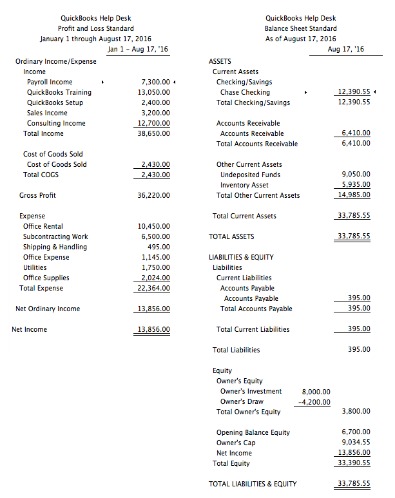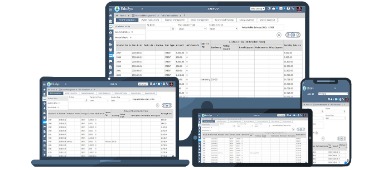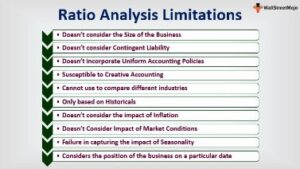You can read more about how lenders determine a potential borrower’s creditworthiness. Sometimes it is possible to attach the debtor’s property, wages, or bank account as a means of forcing payments https://kelleysbookkeeping.com/variable-overhead-definition/ (see garnishment). Legally, someone who files a voluntary petition to declare bankruptcy is also considered a debtor. Debtors are recorded as assets on the balance sheet of a company or individual.

Creditors are individuals or entities that have lent money or extended credit to another party. This can include banks and other financial institutions that provide loans or credit cards, as well as individuals or businesses that have provided goods or services on credit. When people talk about creditors, they typically mean financial institutions like banks or credit card issuers.
What is a good credit score?
Nearly every business is both a creditor and a debtor, since businesses extend credit to their customers, and pay their suppliers on delayed payment terms. The only situation in which a business or person is not a creditor or debtor is when all transactions are paid in cash. Other terms for this role include borrower, debt holder, lessee, mortgagor and customer. Debtors can be individuals, small businesses, large companies or other entities. While being a creditor can be profitable, it also involves risk. There is always a chance that the debtor will fail to repay the debt, leaving the creditor with a loss.
Once they’re approved for a loan, a debtor typically receives a lump sum payment, which they’ll pay back over time based on the terms of the loan. In the case of a credit card or line of credit, a debtor receives a revolving credit line, which they can use and pay off over and over, according to the terms of the card or credit line agreement. When we use “debtor” and “creditor” in these contexts, it does not mean that the “debtor” is overdue on their bills. It also does not mean that the “creditor” is doing anything special to collect the borrowed money from the debtor.
What’s the Difference Between a Debtor and a Creditor?
It also emphasizes elements related to the debtor’s privacy and other rights. However, this law only pertains to third-party debt collection agencies, such as companies trying to collect debts on behalf of other companies or individuals. For example, if you’re taking out a mortgage to buy a home, you’re the debtor and the mortgage company is the creditor. During the application process, the creditor will review What Are Debtors And Creditors? your credit history, financial situation and the home you’re hoping to purchase to determine whether you qualify for the loan. Creditors typically have underwriting processes that determine which debtors are eligible for a loan, credit card or line of credit. They also determine the terms of the credit relationship, including interest rate, any fees and loan term, which the debtor can accept or reject.

Although these two terms might seem straightforward, understanding the role that debtors and creditors play in your business is vital. Depending on the specifics of your business, you may find that you are both a creditor and a debtor. Find out more with our comprehensive guide to the difference between debtors and creditors. If you’re approved, the creditor pays the seller of the home and reduces the loan balance based on the loan’s interest rate, repayment term and other loan terms. You’ll then make payments based on the agreement until you pay the loan in full, refinance the debt or sell the home.
AccountingTools
Creditors seeking repayment can utilize either the court system or private sector debt collectors. Private sector debt collection is subject to the Fair Debt Collection Practices Act which seeks to prevent abusive practices. Secured creditors are typically senior banks (or similar lenders) that provide low-interest loans with requirements of the borrower to pledge a certain amount of assets as collateral (i.e. lien). The money owed by debtors (to creditors) is not recorded as income, but rather an asset, such as note or account receivable.
- Similarly, if Charlie Company sells goods to Alpha Company on credit, Charlie is the creditor and Alpha is the debtor.
- During that stretch of time, the supplier acts as a creditor due to being owed cash payment from the company that already received the benefits from the transaction.
- All information, including rates and fees, are accurate as of the date of publication and are updated as provided by our partners.
- Retailers and other businesses may extend credit to customers to increase sales and customer loyalty.
- Debtors are usually customers who have not paid their bills or invoices, while creditors are usually suppliers or lenders who have extended credit or loans to the company.
Debtors are individuals or entities who owe money to another party. This can include individuals who have taken out loans, credit card balances, or other forms of credit. Businesses can also be debtors, such as when they take out loans to fund their operations or make purchases on credit. As a debtor, it’s essential to maintain good relations with your creditors. Poor accounts payable practices can lead to reputational damage, causing vendors and suppliers to avoid working with you.
What Does Debtor Mean?
Debt collectors cannot threaten debtors with jail time, but courts can put debtors in jail for unpaid child support or taxes. Secured creditors hold a legal claim to specific property or assets as collateral in case the debtor fails to repay the debt. For example, a mortgage lender is a secured creditor because they have a lien on the property being purchased. If the borrower defaults on the loan, the lender can seize the property to recover the outstanding balance.


